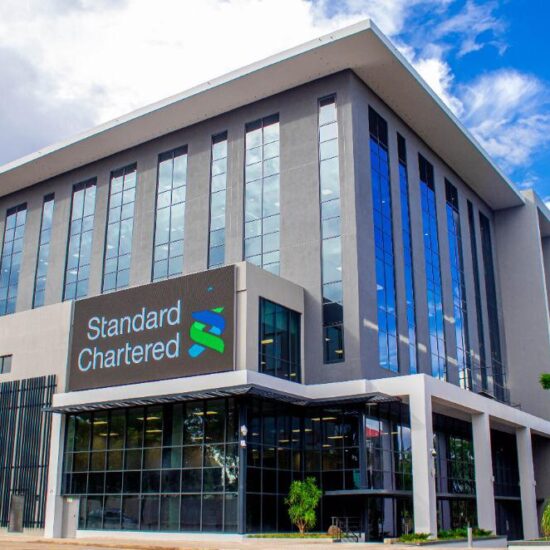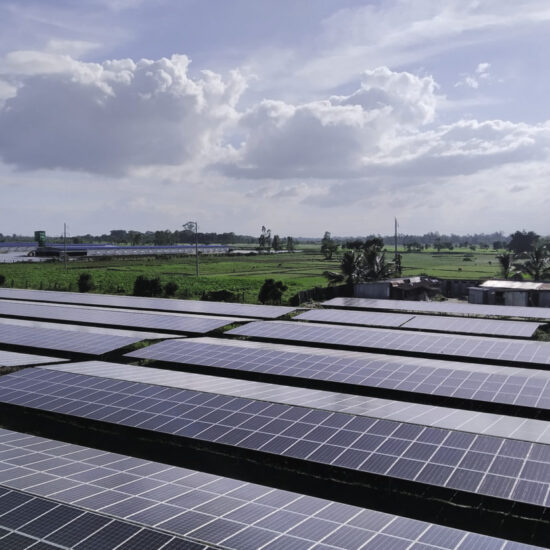
The Minister of Commerce, Trade and Industry Chipoka Mulenga, says the feasibility studies for establishing an electric car battery manufacturing facility plant in the country are nearing completion, with the final results expected to be out in December 2023.
Mulenga said the studies have so far shown that Zambia has enough facilities to set up the plant, adding that the progress made in the first three-quarters of the studies has been very positive.
Speaking in an exclusive interview with the Zambian Business Times-ZBT, Mulenga disclosed that the studies are being undertaken by ARISE which is being financed by The African Export-Import Bank (Afreximbank) and UNECA.
The electric vehicle market is rapidly growing, and many countries are investing in the production of electric car batteries, Mulenga said Zambia is on its way to becoming a significant player in the electric vehicle battery manufacturing industry.
Mulenga said the progress made by Zambia in the feasibility studies is a positive step towards the country’s economic growth and sustainable development.
“The feasibility studies are coming to an end next month of December 2023 and I will give a ministerial statement in Parliament to update the nation on how far we have gone. Right now we are 3 quarters done and the results so far are very positive that Zambia has enough facilities to set up that electric car battery manufacturing facility plant.”
Mulenga could however not disclose at what amount is the feasibility study being undertaken at by ARISE and UNECA. He however said the road map on the construction of the plant in Ndola will be given after the completion of the feasibility studies.
In 2022 last year, the Zambian Government and the Government of the Democratic Republic of Congo (DRC) signed a historical cooperation agreement to facilitate the development of the value chain in the electric battery and clean energy sector. Copper Belt Province Minister confirmed to ZBT that the plant will be set in Ndola.
The Cooperation Agreement was aimed at providing a framework for bilateral cooperation on the initiative to develop the battery value chain as well as strengthen collaboration between Zambia and DRC.
If the establishment of the plant is successful, it will create job opportunities and boost the two country’s economic growth. This will be a significant milestone especially for Zambia as it seeks to diversify its economy and reduce its dependence on copper mining.






